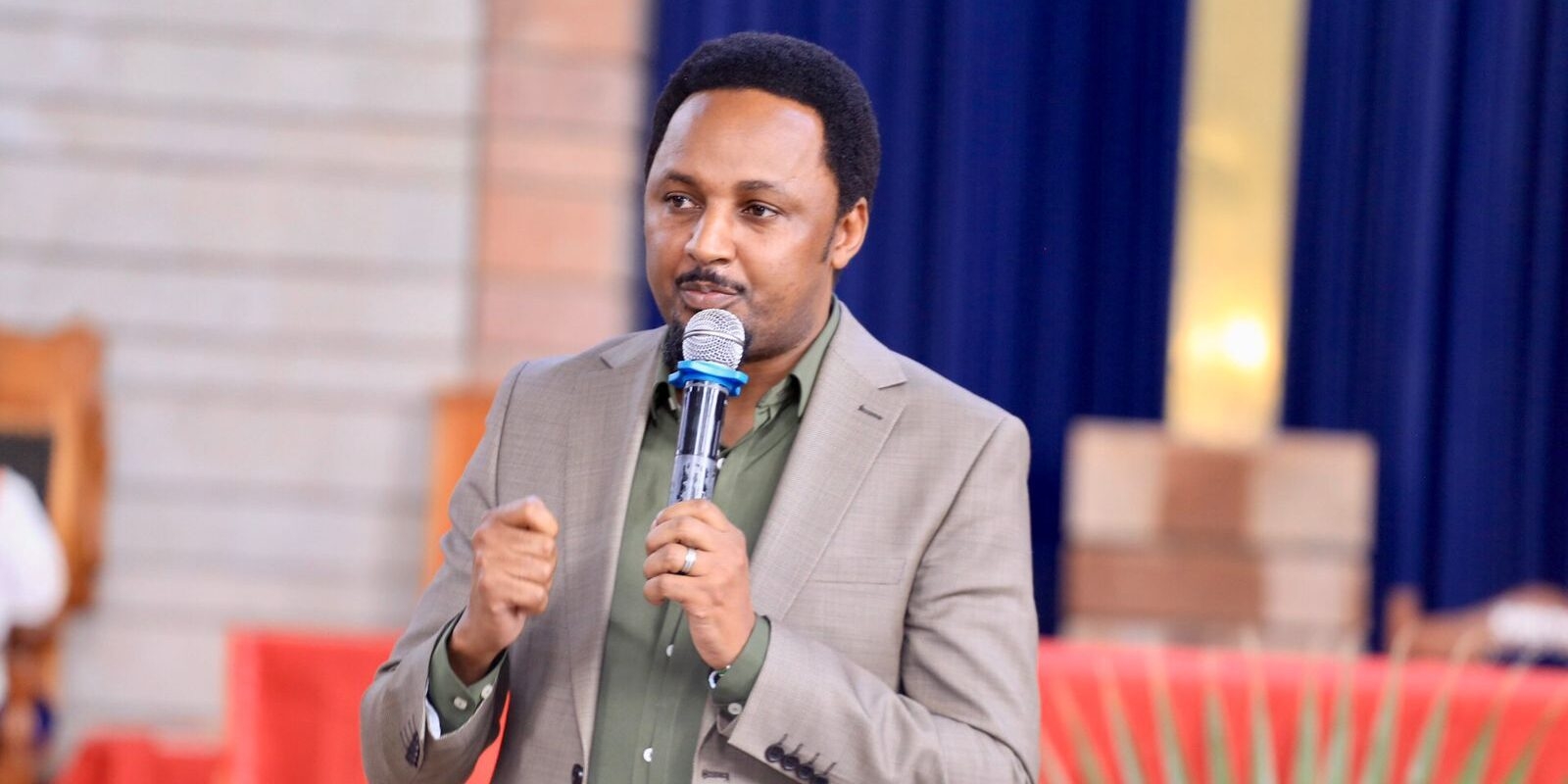At first glance, Donald Trump seems like the last person who would enjoy widespread popularity in Africa.
After all, this is the man who infamously referred to African nations as “shithole countries,” and whose political rise was fuelled by his racist rhetoric, beginning with questioning the legitimacy of Barack Obama, the United States’ first Black president.
Despite his divisive record, Trump holds a surprisingly strong fan base across the continent.
It's a phenomenon that confounds many observers. It needn't be so perplexing. One doesn't need an advanced degree in political science to get to the root of this particular mystery.
One of the simplest explanations is that Trump embodies a familiar figure to many Africans; the "big man."
In many African countries, political power has often been concentrated in the hands of authoritative figures who rule with an iron grip, flaunt wealth and command loyalty through a blend of charisma and fear.
This archetype is so well ingrained that comedian Trevor Noah once quipped that Trump is “America’s first African president.”
Trump’s loose-lipped bravado, disregard for norms, and his
willingness to sidestep legal and ethical boundaries, mirror the
characteristics of some of Africa's most influential leaders, making him feel
oddly familiar. In this context, Trump’s bombastic style feels like something
recognisable and, for some, even relatable.
Another factor is the influence of his television show, The Apprentice.
The show was syndicated across African networks, and for many viewers, Trump was a symbol of success before he ever entered politics. The show cast Trump as a successful and ruthless businessman rather than a divisive and racist political figure.
This contrived reality-show image imbued Trump with a veneer of success that appealed to a lot of Africans audiences. Many Africans still see Trump through this lens.
They don't necessarily scrutinise his business failures, lawsuits or outright scams.
Then, unfortunately, there is the deeply embedded issue of internalised racism.
Trump’s unapologetic bravado, often expressed in ways that degrade others, particularly marginalised groups, feeds into a psychology that equates whiteness with power.
This is the same reason
that, despite credible research indicating Jesus likely had “brown eyes, dark
hair, and olive-brown skin,” the common image of him in many African churches
remains that of a blue-eyed, blond-haired man with distinctly European
features.
Therefore, despite Trump’s racism, some Africans rationalise his behaviour, consciously or unconsciously subscribing to the belief that he embodies the Western ideal of strength and authority.
This can lead to a curious cognitive dissonance where, despite acknowledging his racist views, some Africans admire his tough-talking persona and even adopt it as a form of aspirational identity.
There is, of course, also the fact that patriarchy makes for strange bedfellows.
Trump has garnered substantial support in the so-called “manosphere,” a collection of online spaces that promote a hypermasculine, sometimes misogynistic worldview.
Many African men who hail from societies where traditional gender roles are strong find Trump’s overt displays of “alpha male” behaviour appealing.
His disdain for “political correctness,” his often disparaging remarks about women and his unfiltered masculinity aligns with traditional patriarchal values as they are understood in Africa.
This makes him a hero in the eyes of some who feel these values are
under threat.
Another driving factor is misinformation about Trump’s policies and beliefs. In some circles, he is seen as a crusader against global elitism, an anti-establishment figure who stands up to the powerful forces that many Africans feel have exploited their countries for centuries.
This image is often amplified by social media sites like X and
unverified news sources, leading to a distorted view of Trump.
The unfortunate reality is that Trump's popularity in Africa reflects deep-seated issues within African societies, from the appeal of authoritarianism to the subtle sway of colonial hangovers.
If Africans want to break free from the grip of tropes, we must examine why figures like Trump continue to command such widespread admiration.
If history has taught us anything, it's that reverence for leaders who flout democratic norms and fuel racism always carries profound and lasting consequences. I fear that we may be entering a period of world history where these consequences are inescapable. Good luck to all of us. We will need it.











